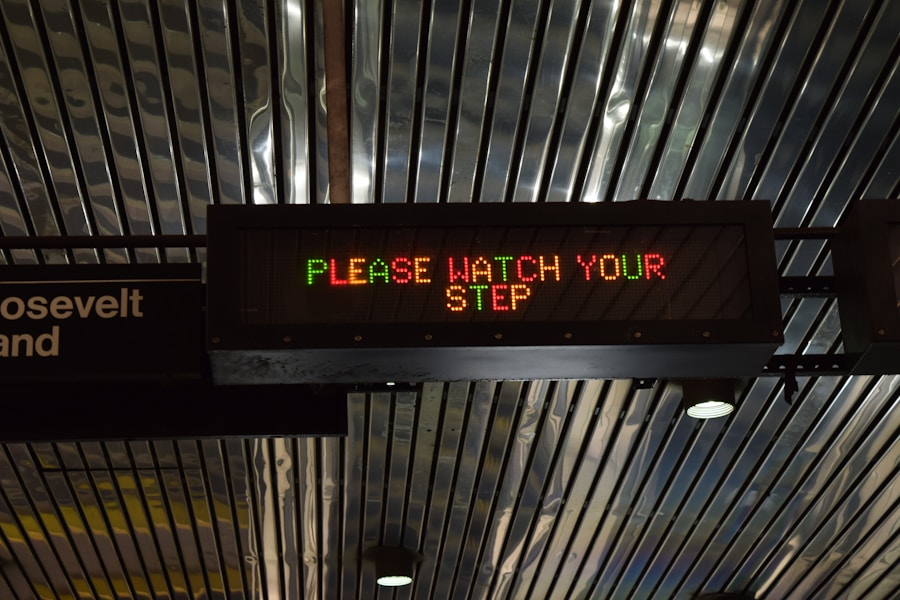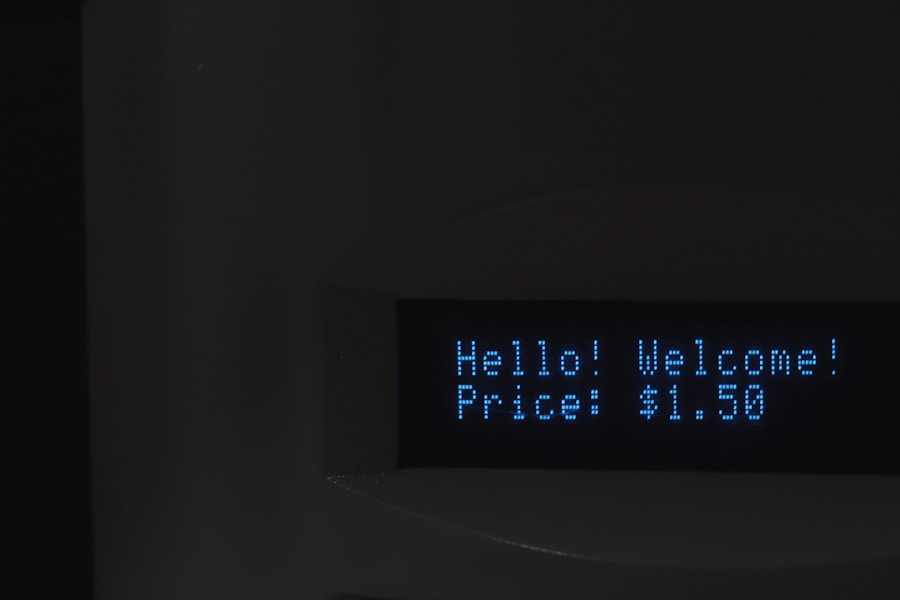In the contemporary digital landscape, social media has become an integral part of daily life for billions of individuals worldwide. Platforms such as Facebook, Instagram, Twitter, and TikTok facilitate communication, information sharing, and community building. While these platforms offer numerous benefits, including the ability to connect with friends and family across vast distances and access to a wealth of information, they also raise significant concerns regarding mental health.
The relationship between social media usage and mental well-being is complex and multifaceted, prompting researchers, mental health professionals, and users alike to explore the implications of this digital phenomenon. As social media continues to evolve, so too does its impact on mental health. The immediacy of online interactions can foster a sense of belonging and support; however, it can also lead to feelings of inadequacy and isolation.
The duality of social media’s influence on mental health necessitates a nuanced understanding of how these platforms affect individuals’ psychological states. This article delves into the intricate relationship between social media use and mental health, examining both the positive and negative effects while highlighting the importance of fostering a balanced approach to digital engagement.
Key Takeaways
- Social media can have both positive and negative effects on mental health.
- Excessive social media use is linked to poor mental well-being, including anxiety and depression.
- Social media can negatively impact self-esteem and body image, leading to feelings of inadequacy.
- Addiction and isolation are common consequences of excessive social media use.
- Cyberbullying on social media can have serious negative effects on mental health.
Comparison of Social Media Use and Mental Well-being
Research has consistently shown that social media can have both beneficial and detrimental effects on mental well-being. On one hand, social media serves as a powerful tool for connection, allowing users to maintain relationships with friends and family, share experiences, and find communities that resonate with their interests or struggles. For instance, individuals dealing with chronic illnesses or mental health challenges often find solace in online support groups where they can share their experiences and receive encouragement from others who understand their situation.
This sense of community can significantly enhance feelings of belonging and reduce feelings of loneliness. Conversely, the comparison between one’s life and the curated lives presented by others on social media can lead to negative mental health outcomes. Users often engage in social comparison, evaluating their own lives against the seemingly perfect lives portrayed in posts and images.
This phenomenon can exacerbate feelings of inadequacy and low self-esteem. A study published in the journal “Cyberpsychology, Behavior, and Social Networking” found that individuals who frequently compared themselves to others on social media reported higher levels of depression and anxiety. The constant exposure to idealized representations of life can create unrealistic expectations and contribute to a distorted self-image.
The Link Between Excessive Social Media Use and Mental Health

Excessive use of social media has been linked to various mental health issues, including anxiety, depression, and stress. The phenomenon of “doomscrolling,” where users continuously scroll through negative news or distressing content, exemplifies how prolonged engagement with social media can lead to heightened anxiety levels. This compulsive behavior often stems from a fear of missing out (FOMO) or an overwhelming desire to stay informed, but it can ultimately result in emotional exhaustion and increased feelings of helplessness.
Moreover, studies have indicated that individuals who spend more than three hours per day on social media are at a higher risk for developing mental health problems. A report from the American Psychological Association highlighted that excessive social media use is associated with increased feelings of loneliness and isolation. As users become more engrossed in their online personas, they may neglect real-life relationships and activities that contribute positively to their mental well-being.
This disconnection from reality can create a vicious cycle where users turn to social media for comfort but end up exacerbating their mental health issues.
Impact of Social Media on Self-Esteem and Body Image
| Study | Sample Size | Findings |
|---|---|---|
| University of Pittsburgh (2018) | 1,179 participants | Found a significant association between social media use and negative body image and self-esteem |
| Common Sense Media (2019) | 1,000 teenagers | Reported that 89% of teenagers feel pressured to look good on social media, leading to negative impact on self-esteem |
| University of Salford (2020) | 500 participants | Discovered that higher social media use was linked to lower self-esteem and body satisfaction |
The impact of social media on self-esteem and body image is particularly pronounced among adolescents and young adults. The prevalence of edited images and filtered selfies creates an environment where unrealistic beauty standards are not only normalized but celebrated. Research has shown that exposure to idealized body types on platforms like Instagram can lead to body dissatisfaction among users.
A study conducted by the University of Pennsylvania found that participants who limited their social media use experienced a significant decrease in feelings of loneliness and depression, suggesting that reducing exposure to these idealized images can positively influence self-esteem. Furthermore, the phenomenon of “likes” and comments can create a feedback loop that reinforces self-worth based on external validation. Users often equate the number of likes or positive comments they receive with their value as individuals.
This reliance on social media for affirmation can lead to a fragile sense of self-esteem that fluctuates based on online interactions. For many young people, this cycle can be detrimental, as they may develop an unhealthy obsession with curating their online presence to gain approval from peers.
Influence of Social Media on Anxiety and Depression
The relationship between social media use and anxiety or depression is increasingly recognized in psychological research. Studies have shown that individuals who engage in frequent social media use are more likely to report symptoms of anxiety and depression compared to those who use these platforms less frequently. The constant barrage of notifications, messages, and updates can create a sense of urgency that contributes to heightened stress levels.
Users may feel compelled to respond immediately or keep up with the latest trends, leading to an overwhelming sense of pressure. Moreover, the nature of online interactions can exacerbate feelings of anxiety. Unlike face-to-face communication, online interactions often lack non-verbal cues such as tone of voice or body language, which can lead to misunderstandings or misinterpretations.
This ambiguity can heighten social anxiety for some individuals, making them feel more vulnerable in their online interactions. Additionally, the fear of negative feedback or cyberbullying can further contribute to anxiety levels, creating a cycle where users withdraw from social interactions altogether.
Addiction and Isolation: The Dark Side of Social Media

The addictive nature of social media is a growing concern among mental health professionals. Many users find themselves spending hours scrolling through feeds or engaging with content without realizing how much time has passed. This compulsive behavior can lead to significant disruptions in daily life, including neglecting responsibilities, relationships, and self-care practices.
The design elements of social media platforms—such as infinite scrolling and algorithm-driven content—are intentionally crafted to keep users engaged for extended periods. As users become increasingly absorbed in their online lives, they may experience isolation from real-world connections. The irony lies in the fact that while social media is designed to foster connection, excessive use can lead to feelings of loneliness.
Individuals may prioritize virtual interactions over face-to-face relationships, resulting in a lack of meaningful connections that are essential for emotional well-being. This isolation can further exacerbate feelings of depression and anxiety, creating a cycle that is difficult to break.
Cyberbullying and its Effect on Mental Health
Cyberbullying represents one of the most alarming consequences of social media use, particularly among adolescents. The anonymity afforded by online platforms can embolden individuals to engage in harmful behaviors that they might not exhibit in person. Victims of cyberbullying often experience severe emotional distress, leading to increased rates of anxiety, depression, and even suicidal ideation.
A report from the Cyberbullying Research Center indicates that approximately 34% of students have experienced cyberbullying at some point in their lives. The effects of cyberbullying extend beyond immediate emotional pain; they can have long-lasting repercussions on mental health. Victims may develop trust issues or experience difficulty forming new relationships due to the trauma associated with being bullied online.
Furthermore, the pervasive nature of social media means that harmful messages can reach a wide audience quickly, amplifying the victim’s distress. Addressing cyberbullying requires a concerted effort from parents, educators, and policymakers to create safe online environments for young people.
Strategies for Maintaining a Healthy Relationship with Social Media
To mitigate the negative effects of social media on mental health, individuals must adopt strategies that promote a healthier relationship with these platforms. One effective approach is setting boundaries around social media use. Designating specific times for checking notifications or limiting usage to certain hours can help prevent excessive engagement while allowing users to enjoy the benefits of connectivity without becoming overwhelmed.
Additionally, curating one’s social media feed is essential for fostering a positive online environment. Following accounts that promote body positivity, mental health awareness, or uplifting content can counteract the negative influences often encountered on these platforms. Engaging with supportive communities can also provide a sense of belonging while reinforcing positive self-image.
Practicing mindfulness when using social media is another valuable strategy. Being aware of one’s emotional responses while scrolling through feeds can help users identify triggers that lead to negative feelings. Taking breaks from social media when feeling overwhelmed or anxious is crucial for maintaining mental well-being.
Ultimately, fostering open conversations about the impact of social media on mental health is vital for creating awareness and promoting healthier habits among users. By encouraging discussions about experiences with social media—both positive and negative—individuals can better understand their relationship with these platforms and work towards cultivating a balanced approach that prioritizes mental well-being over digital engagement.

